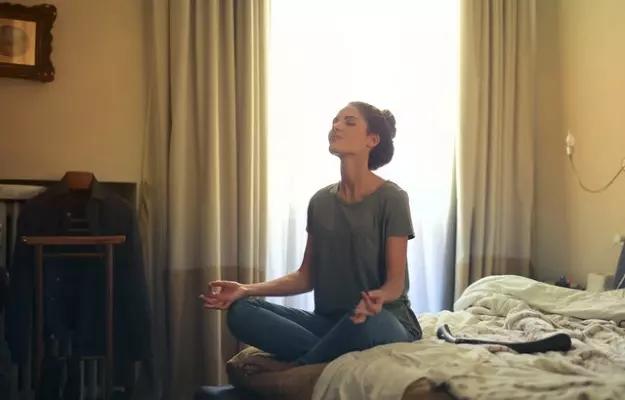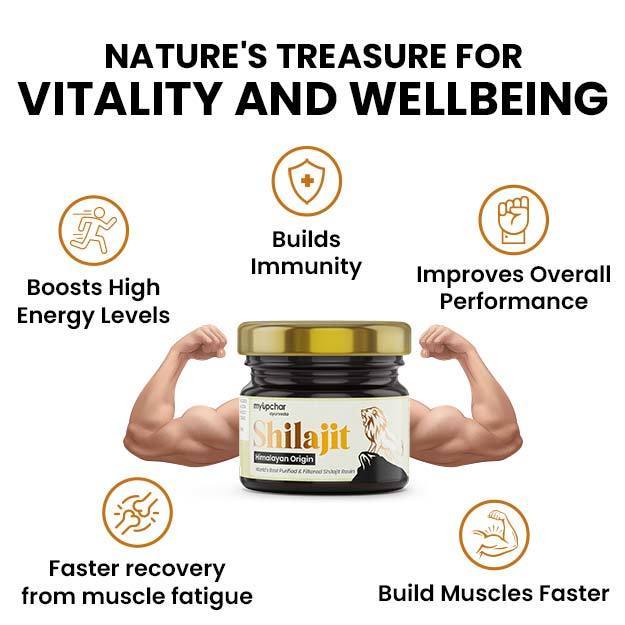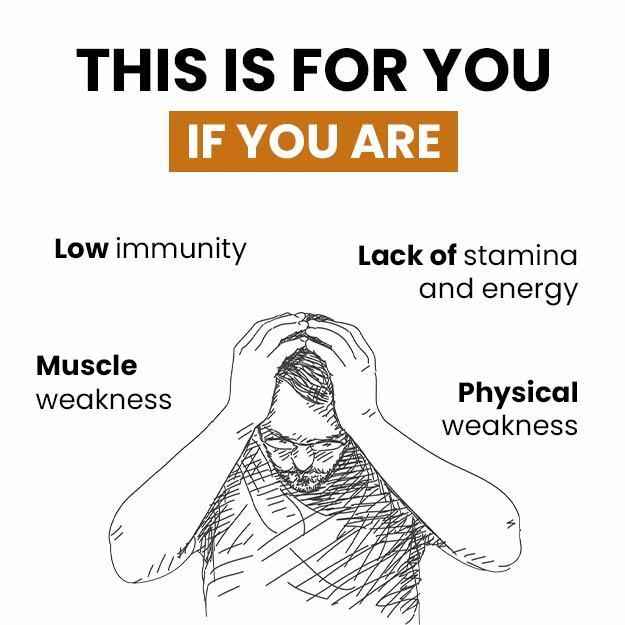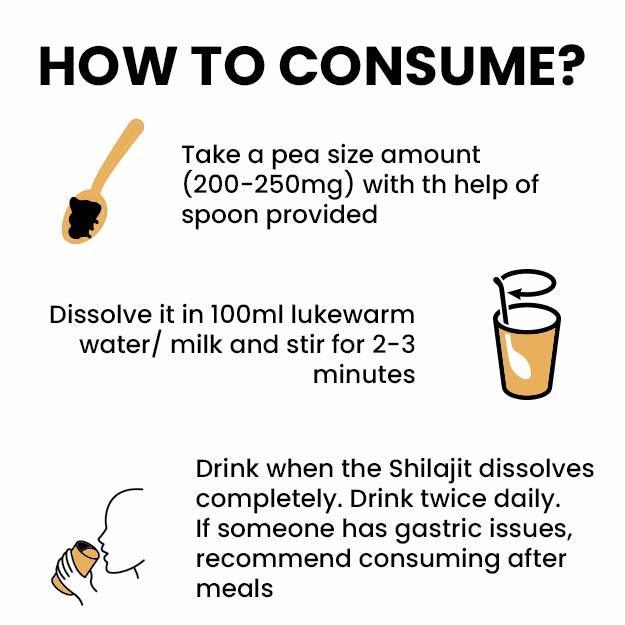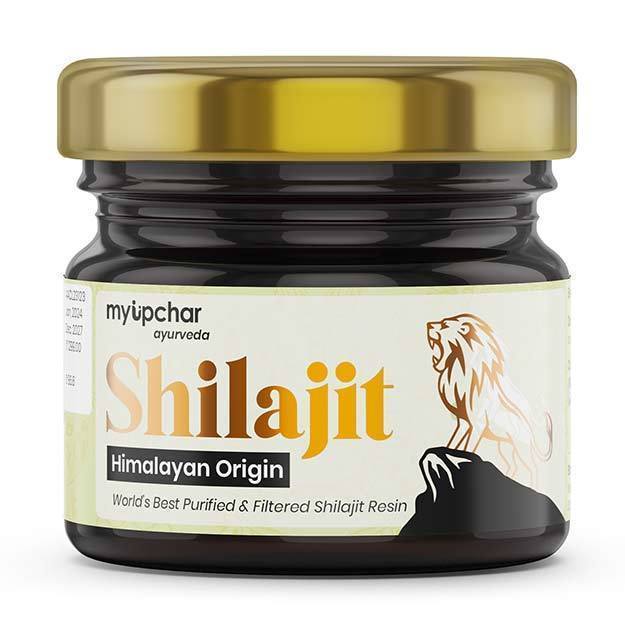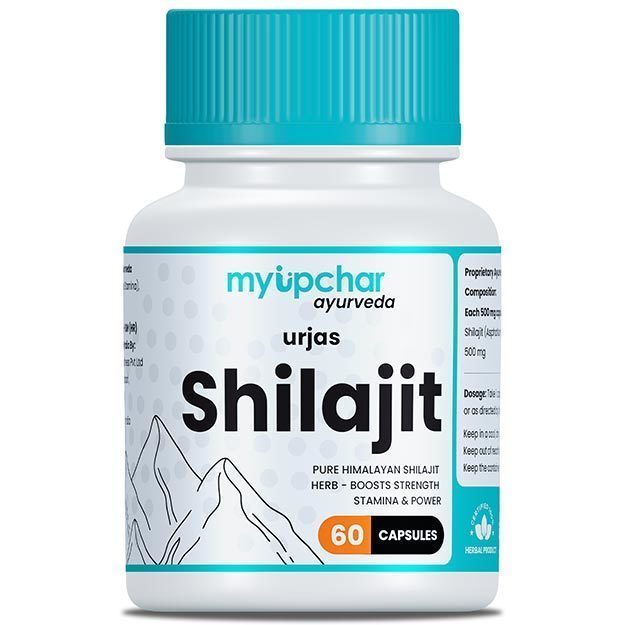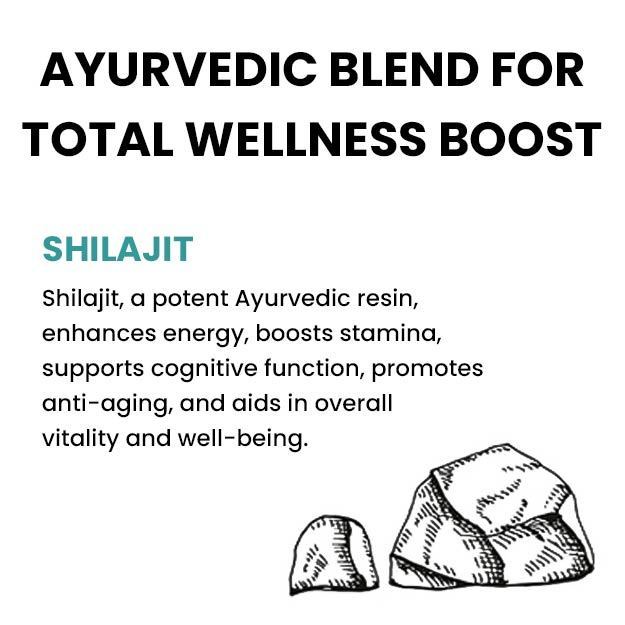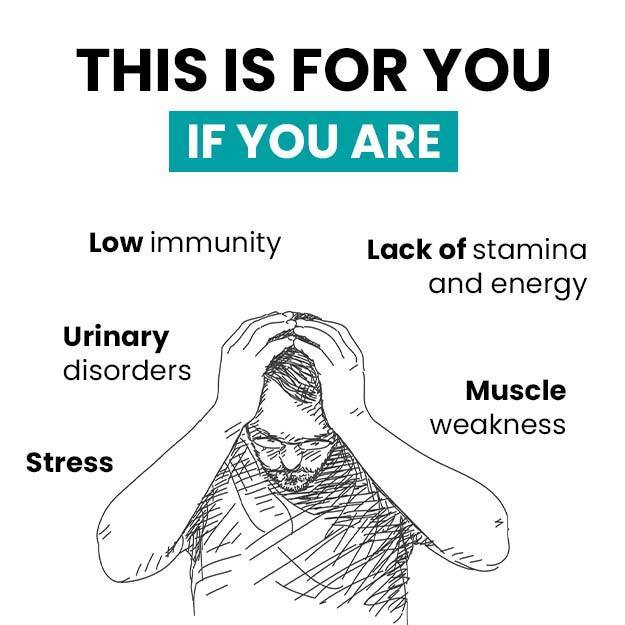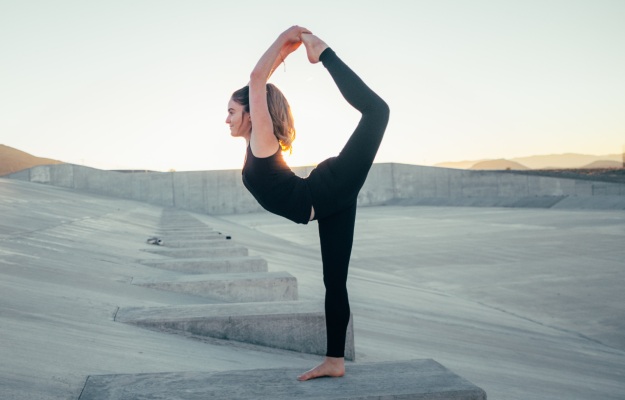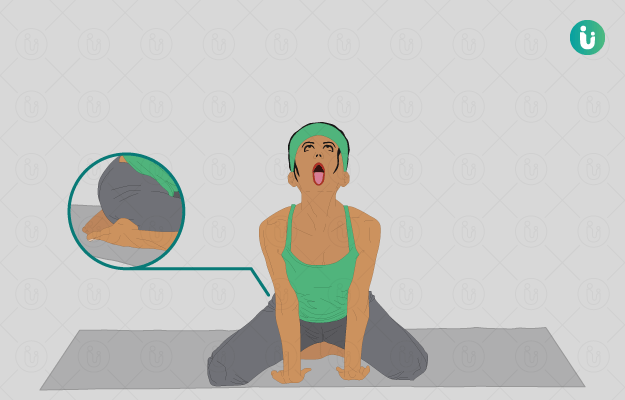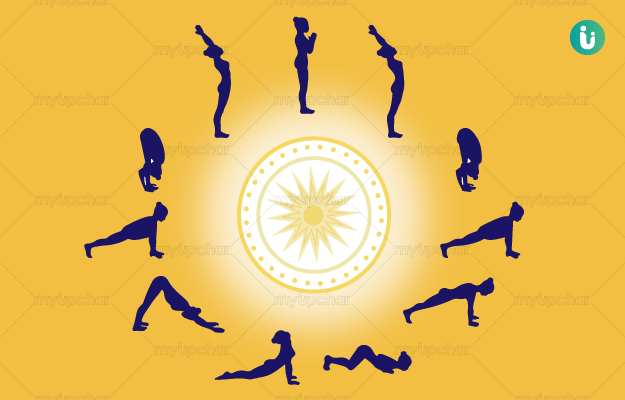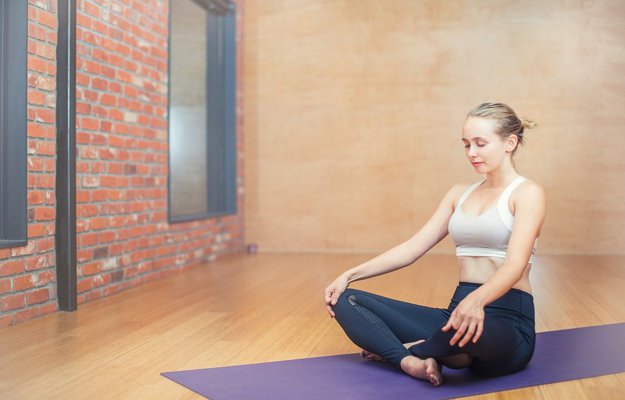Life in the post-COVID-19 world can sometimes feel like a minefield. To be sure, microbes have always lived around us and inside us. But most of us haven't been so aware of the constant threat of infection before this.
If you cannot help but ruminate about that last casual grocery run you made, or that quick chat with the neighbour in the parking lot, or the last time you went to meet an elderly person in your family without worrying that you might be posing a health risk to them, you're not alone.
Indeed, if you are thinking about how best to subsist in these difficult times, you are not alone.
(Read about maintaining resilience through the COVID-19 pandemic).
The mental health toll of the pandemic cannot be understated. While illness is a normal part of our lives, the fact is that this is a new pathogen and our health services are being pushed to the brink; medical and community backing is not the way it is in more normal times. Additionally, remembering to take all the precautions to prevent COVID-19 all the time—while necessary—can be exhausting.
(Read more: 10 preventive steps to protect the family from COVID-19)
How does one manage all this? Everyone has their own way of coping and there is no choice but to move forward and face the music. There are healthier ways to do it, though—being overtaken by stress and anxiety will only make matters worse. Case in point: through meditation.
Meditation—the many forms of it—has gained a more favourable reputation in the international community now. There are millions of practitioners across the globe and there is very solid evidence to suggest that meditating makes the mind and body better at handling stress and increases resilience in the face of challenging situations. There is also evidence to suggest that meditation can alleviate symptoms of physiological diseases.
(You can also try Yoga for stress relief).
The beauty of meditation is that anyone can do it, and it can be incorporated into any part of the day and takes only a few minutes of your time. While there are many forms of meditation, the central idea is to reduce the tendency of the mind to ruminate—it aims to cut the vicious cycle of damaging, negative thoughts by making the mind more receptive to when they may occur and how to deal with them in a more constructive way.
For a lot of people, this sounds like a tall order and the objective too obscure. However, this should not deter you; meditation is meant to be an extremely personal form of reflection, and you can initially approach it in any way you find fit. Slowly you will begin to understand what you want from the exercise and you can delve deeper into your thoughts.
On International Yoga Day 2020, we bring to you some tips to begin your journey into meditation:

